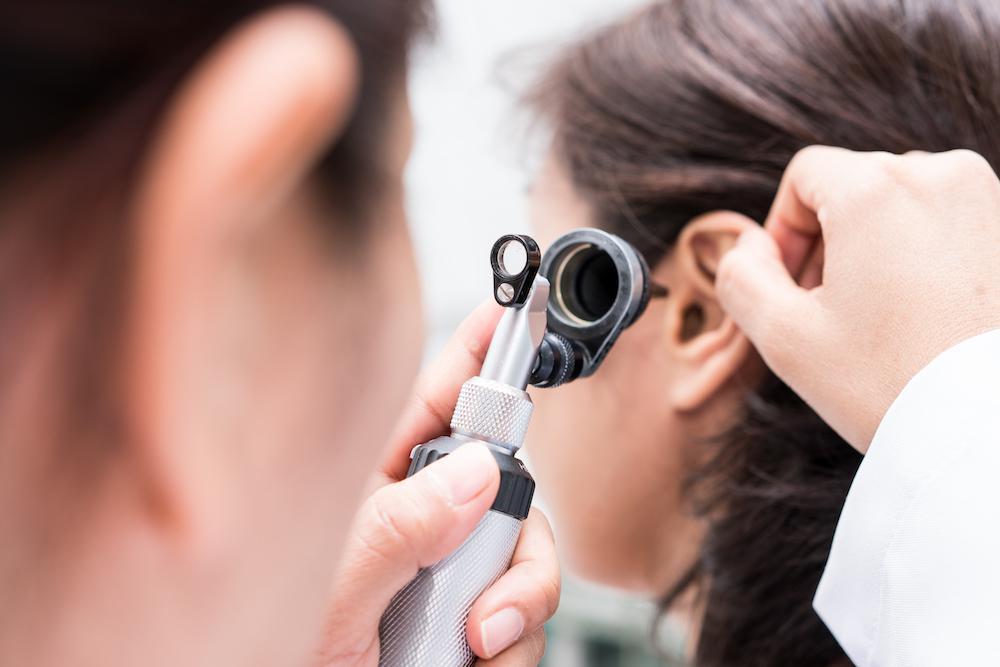
About half of people in the United States over the age of 65 have some degree of hearing loss. Losing the ability to hear as you age is common. Another, entirely different, type of hearing loss is sudden sensorineural hearing loss (SSHL), which is sometimes called sudden deafness.
It’s critical to seek treatment as soon as possible if you experience SSHL, because the earlier you are diagnosed and treated, the greater the likelihood that you’ll recover. Understanding the signs of SSHL can help you distinguish between it and a more common condition like a sinus infection or a buildup of earwax.
How SSHL is diagnosed
When you visit Lakeshore Ear, Nose & Throat Center with symptoms of SSHL, we’ll check your hearing with a test that uses decibels and frequencies to determine the extent of your hearing loss.
A decibel measures the loudness of sound. For example, a whisper is about 30 decibels, and regular conversational speech is around 60 decibels.
Frequency measures sound waves in a unit called a hertz (Hz). The range of frequencies that humans can hear is generally accepted to be 20-20,000 Hz.
If the results of your hearing test show that you’ve lost at least 30 decibels in three connected frequencies, you’ll probably be diagnosed with SSHL.
It happens very quickly
It’s called sudden deafness for good reason. When you have SSHL, you lose the ability to hear in 72 hours or less. It can happen instantaneously, as well.
It’s only one ear
In about 9 of 10 cases, SSHL causes hearing loss in only one ear. Sounds may seem muffled, or you may notice when you try to talk on the phone while holding it to your affected ear.
Age range
Although men and women are equally affected by SSHL, most people tend to be between the ages of 46 and 49. The older you are within that range, the more likely it is you’ll experience SSHL.
You hear a ringing sound
Some 90% of people with SSHL also have tinnitus as a symptom. Tinnitus is the perception of a sound such as buzzing, ringing, roaring, clicking, or hissing. It can be a low- or high-pitched sound.
You’re dizzy or have balance problems
If you’ve got SSHL, you may have problems with balance, and you may feel dizzy. Up to 60% of people with SSHL have vertigo, which can vary from mild dizziness to an extreme feeling of rotation.
Causes of SSHL
In a great many cases, no definite cause for SSHL emerges. However, it can sometimes be pinpointed. Causes for sudden hearing loss may include:
- Infections, as in Lyme’s disease
- Circulatory problems
- Trauma
- Tumors
- Neurological conditions, like multiple sclerosis
- Medications
- Meniere’s disease
- A venomous snake bite
Treating SSHL
The course of treatment your doctor at Lakeshore Ear, Nose & Throat Center suggests is based in large part on what’s causing your condition. Some common treatment strategies include:
- Steroids
- Antibiotics
- A cochlear implant
- Antiviral medication
About two-thirds of people with SSHL spontaneously recover with no treatment, so your doctor may choose to wait before suggesting a treatment plan.
If you’ve lost the ability to hear, or you have other symptoms associated with SSHL, book an appointment online or by phone at Lakeshore Ear, Nose & Throat Center. The sooner you’re diagnosed and treated, the more effective your treatment is likely to be.

